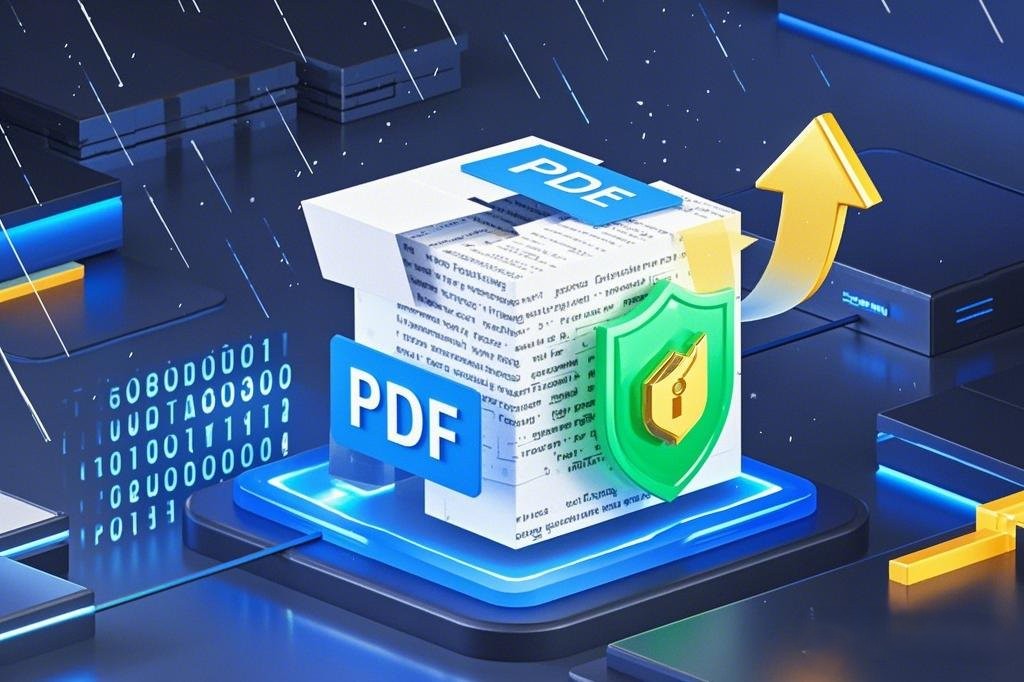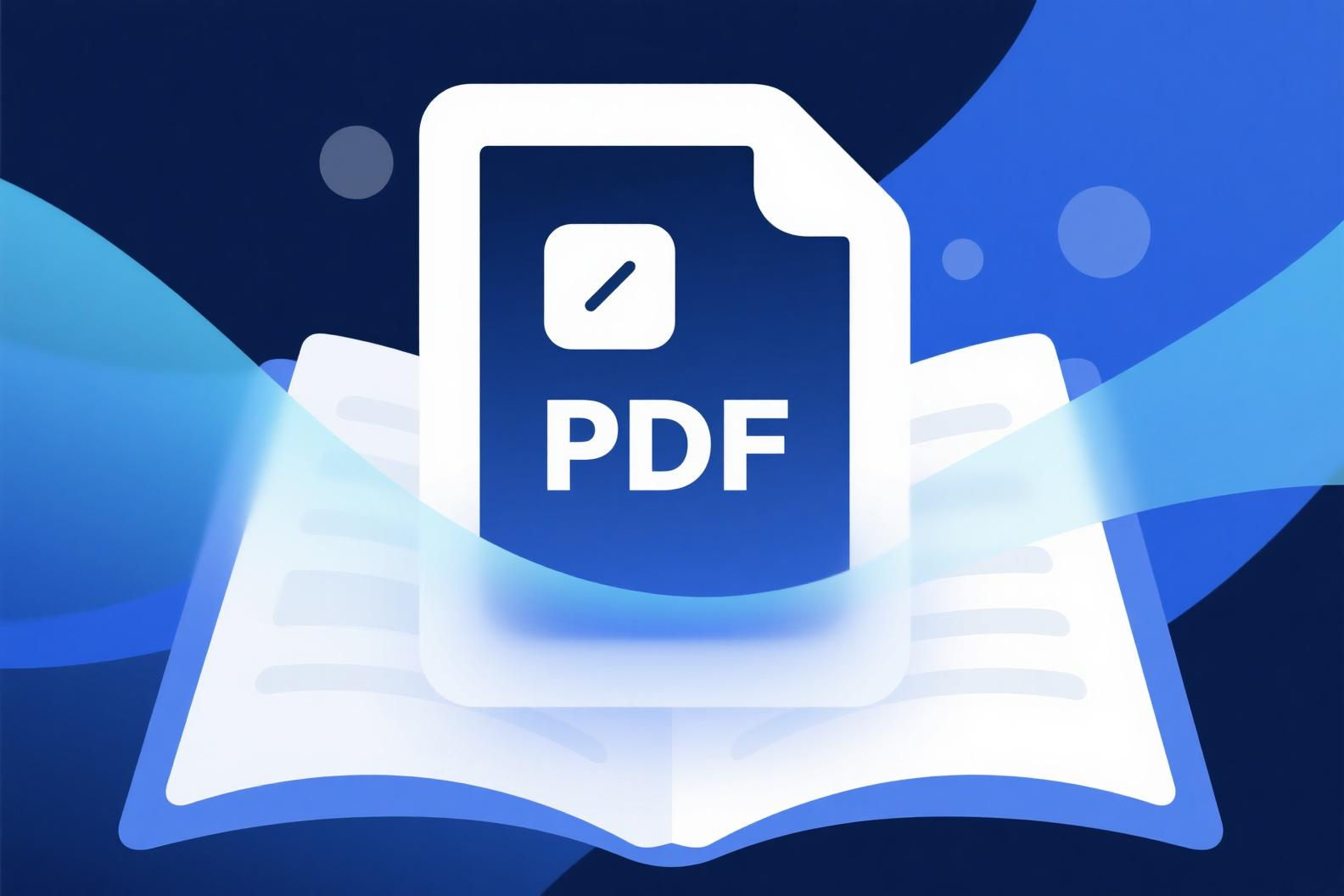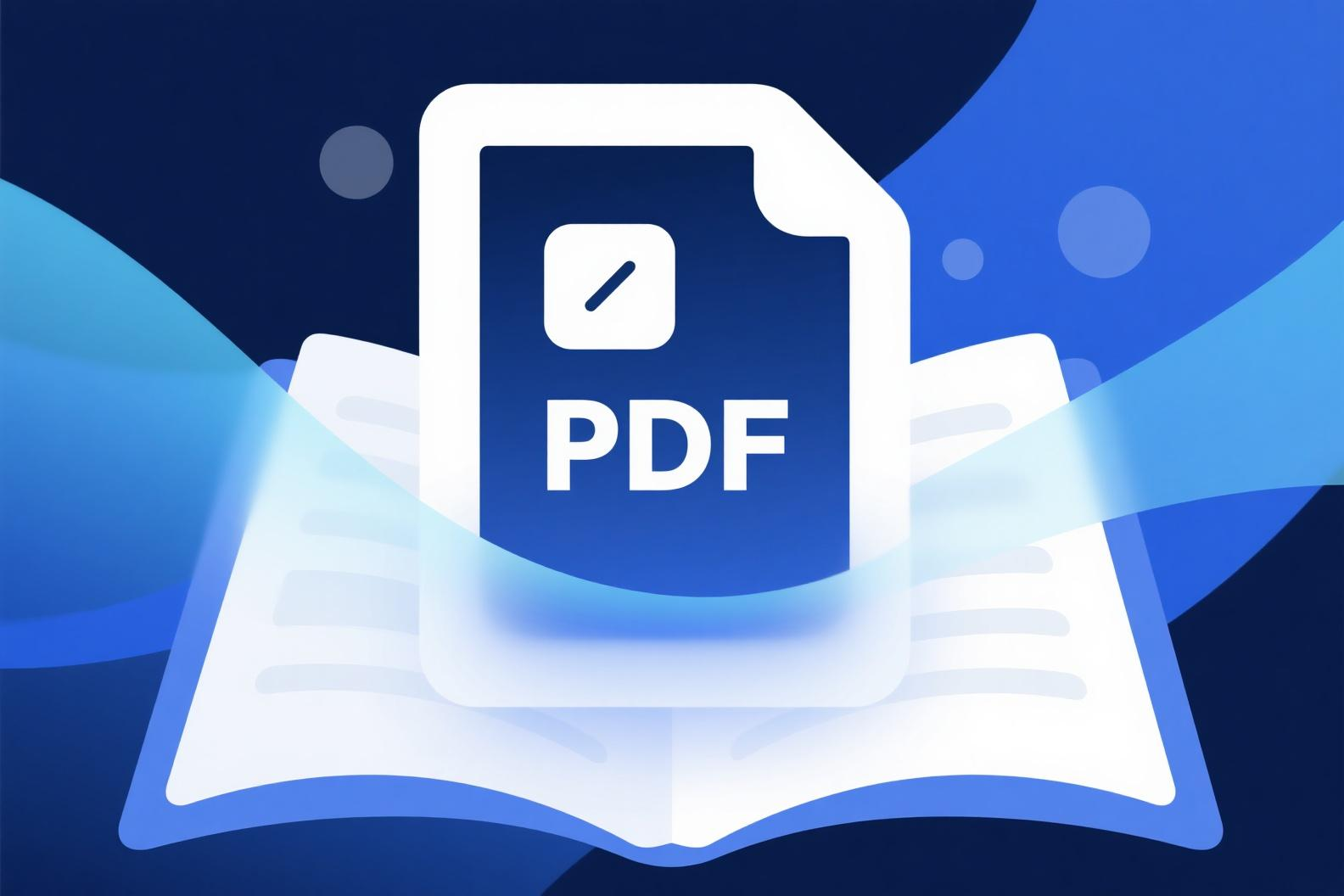In daily work, academic research, or business collaboration, we often use Word documents (DOC/DOCX) for content creation, but converting them to PDF is a critical step. This process goes beyond simple file format changes—it enhances document security, compatibility, and professionalism. This article explores the core value and use cases of DOC-to-PDF conversion. 
1. Ensure Format Consistency
Word documents may display inconsistently across devices, software versions, or missing fonts. For example, if a recipient’s computer lacks specific fonts, paragraphs or text may shift, damaging professionalism. Converting to PDF “locks” all text, images, and layouts, ensuring consistent display across platforms. This is crucial for submitting academic papers, resumes, or business proposals.
2. Prevent Unauthorized Modifications
PDF files are not directly editable by default, making them ideal for final versions of contracts, reports, or official documents. For instance, sending a business proposal in Word format risks accidental data alteration by clients, while PDF prevents this. Controlled collaboration is still possible via comments or digital signatures.
3. Enhance Security and Legal Validity
PDF supports encryption, permission controls, and digital signatures, meeting legal and privacy requirements. Examples include:
- Encryption: Adding passwords to sensitive files (e.g., financial reports).
- Permission controls: Restricting printing, copying, or editing to prevent leaks.
- Digital signatures: Legally binding e-signatures streamline contract signing.
4. Cross-Platform Compatibility and Reduced File Size
PDF files can be opened via browsers or mobile devices without Office software. They also support image compression to reduce file size. For example, converting a 20MB Word report to PDF may shrink it to 5MB, easing email delivery or cloud storage.
5. Compliance with Standards and Archiving
Many institutions (e.g., academic journals, government agencies) require PDF submissions. Moreover, the PDF/A format (designed for archiving) ensures long-term preservation, preventing file corruption due to software updates.
Recommended Common Tools
Compress PDF Online :Compress your PDF files online for smaller file sizes without compromising quality. Fast, secure, and easy-to-use compression tool.
Convert JPG to PDF Online :Easily convert JPG images to PDF online. High-quality, fast conversion with no software required. Perfect for documents, photos, and images.
Conclusion
Converting DOC to PDF is not just a format change—it ensures professionalism, security, and universal accessibility. Whether submitting assignments, sharing contracts, or archiving data, this step reduces communication costs and risks. Choose the right tools to make document management efficient and reliable!



